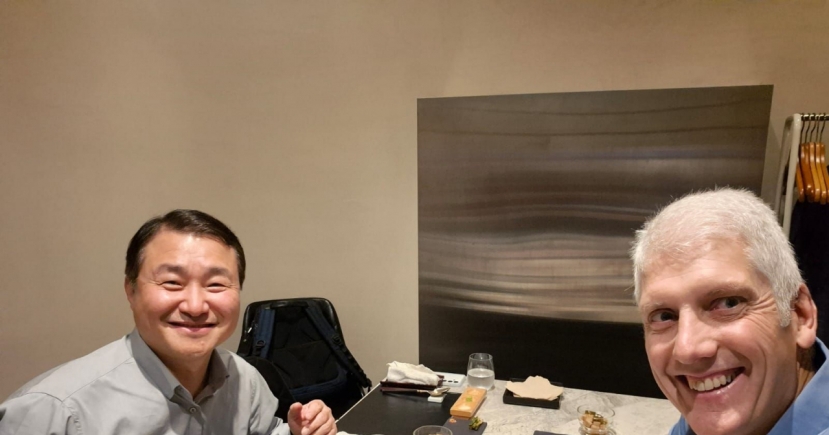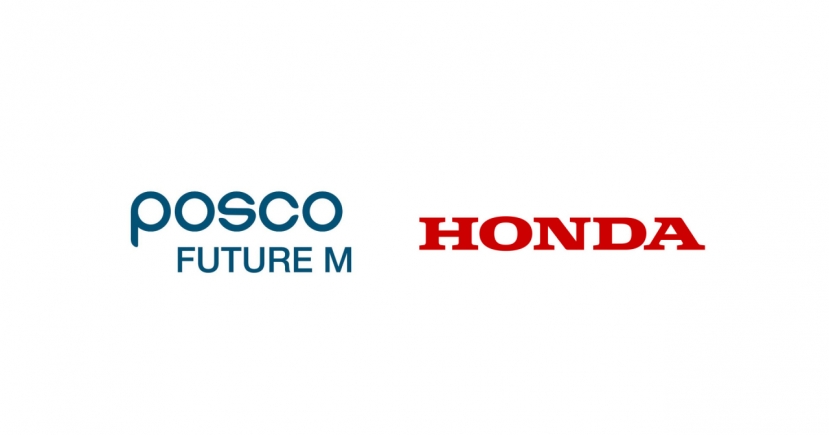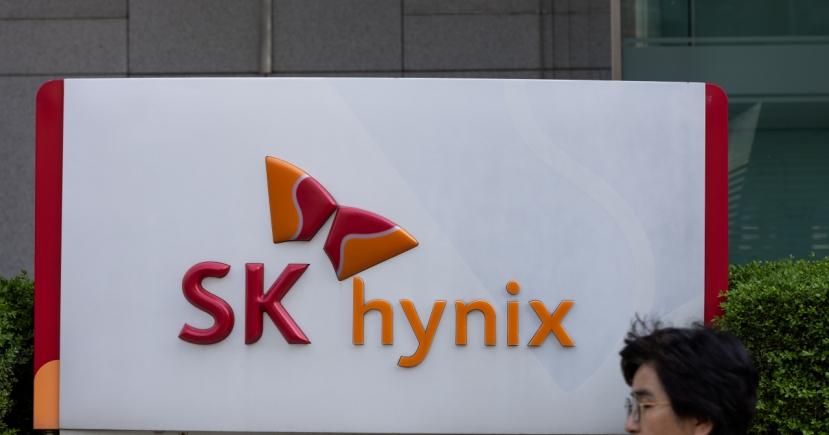Economy
Korea needs central consumer safety control tower: panel
[THE INVESTOR] The Korean government must create a more focused control tower for identifying and handling consumer products that can pose health and safety risks and implement stronger penalties for corporations that sell such products to prevent future crises, a panel of experts said on Jan. 24.
Academics, representatives from consumer groups and government representatives gathered for the 44th Future Consumers‘ Forum at the National Assembly Members’ Hall to discuss ways to reform the consumer safety management system here.
The need for an improved system was brought to light by the humidifier sanitizer crisis, in which products sold by Oxy Reckitt-Benckiser were linked to over a hundred deaths since 2011.
“The crisis was created by corporate greed, the moral hazard of academics and doctors who sought their own gains, the complacency of bureaucrats, and the government, which neglected the loose legal system that failed to prevent or to punish,” said Democratic Party lawmaker Rep. Park Yong-jin, who was a co-organizer of the forum together with civic group Korea Consumer‘s Network.
Professor Yeo Jung-sung of Seoul National University, who studies consumer science, claimed that the current system for consumer protection is too highly fragmented to be effective.
“The system has hardly changed since a decade ago,” she said. Citing other incidents of threat to consumers, including the potentially dangerous Malm dressers sold by Ikea and the exploding batteries in Samsung’s Galaxy Note 7 phones, Yeo pointed to the current system‘s inability to prevent or to contain potential dangers in consumer products.
“The Fair Trade Commission has the authority to assess consumer products, but does not have full authority to make decisions about safety. In the end, consumers have to file lawsuits to receive compensation, but then they face the burden of proof,” said Moon Eun-sook, the executive director of Korea SR Coop, a cooperative made up of social responsibility experts.
However, there were no concrete suggestions as to how the fragmented system might be integrated into one focused system. Oh Hang-lok, the director of the Consumer Safety and Information Division at the Korea Fair Trade Commission, said that the agency was focusing this year on improving the current functions of the FTC.
Oh described the focal points of this year’s policymaking on “collecting data about dangerous products” through big data, “implementing a punitive compensation system” to hold corporations accountable, and improving the recall system to provide more accessible and accurate information to consumers.
However, others on the panel took issue with the fact that the punitive damages would only award up to three times the amount of damage caused by a product.
“Punitive damages are supposed to be deterrents. It is impossible for the government to manage every component of every product, so deterrents are put in place to encourage corporations to supervise themselves,” said Shin Jong-won, the executive director of the Seoul YMCA. “The punitive damages should be a hundred times, or an infinite amount for that to work.”
The forum was the first in a series of discussions to be held on this topic, said Park Myung-hee, the president of the Korea Consumer’s Network. “We hope to see more concrete solutions at our next forum,” she said.
By Won Ho-jung/The Korea Hreald (hjwon@heraldcorp.com)
Academics, representatives from consumer groups and government representatives gathered for the 44th Future Consumers‘ Forum at the National Assembly Members’ Hall to discuss ways to reform the consumer safety management system here.
The need for an improved system was brought to light by the humidifier sanitizer crisis, in which products sold by Oxy Reckitt-Benckiser were linked to over a hundred deaths since 2011.
“The crisis was created by corporate greed, the moral hazard of academics and doctors who sought their own gains, the complacency of bureaucrats, and the government, which neglected the loose legal system that failed to prevent or to punish,” said Democratic Party lawmaker Rep. Park Yong-jin, who was a co-organizer of the forum together with civic group Korea Consumer‘s Network.
Professor Yeo Jung-sung of Seoul National University, who studies consumer science, claimed that the current system for consumer protection is too highly fragmented to be effective.
“The system has hardly changed since a decade ago,” she said. Citing other incidents of threat to consumers, including the potentially dangerous Malm dressers sold by Ikea and the exploding batteries in Samsung’s Galaxy Note 7 phones, Yeo pointed to the current system‘s inability to prevent or to contain potential dangers in consumer products.
“The Fair Trade Commission has the authority to assess consumer products, but does not have full authority to make decisions about safety. In the end, consumers have to file lawsuits to receive compensation, but then they face the burden of proof,” said Moon Eun-sook, the executive director of Korea SR Coop, a cooperative made up of social responsibility experts.
However, there were no concrete suggestions as to how the fragmented system might be integrated into one focused system. Oh Hang-lok, the director of the Consumer Safety and Information Division at the Korea Fair Trade Commission, said that the agency was focusing this year on improving the current functions of the FTC.
Oh described the focal points of this year’s policymaking on “collecting data about dangerous products” through big data, “implementing a punitive compensation system” to hold corporations accountable, and improving the recall system to provide more accessible and accurate information to consumers.
However, others on the panel took issue with the fact that the punitive damages would only award up to three times the amount of damage caused by a product.
“Punitive damages are supposed to be deterrents. It is impossible for the government to manage every component of every product, so deterrents are put in place to encourage corporations to supervise themselves,” said Shin Jong-won, the executive director of the Seoul YMCA. “The punitive damages should be a hundred times, or an infinite amount for that to work.”
The forum was the first in a series of discussions to be held on this topic, said Park Myung-hee, the president of the Korea Consumer’s Network. “We hope to see more concrete solutions at our next forum,” she said.
By Won Ho-jung/The Korea Hreald (hjwon@heraldcorp.com)








